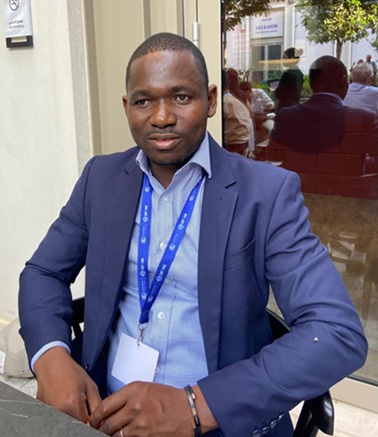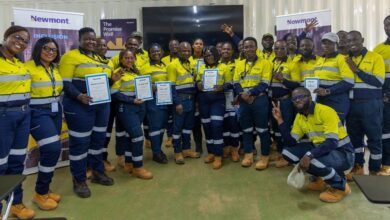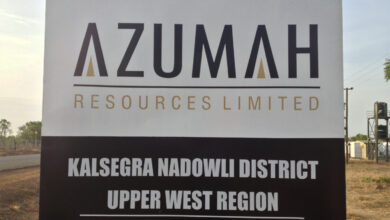Ghana Urged to Ground Critical Minerals Strategy in Reality, Not Replication

As countries race to benefit from the global demand for transition minerals, Ghana has been advised to avoid one-size-fits-all policies and instead craft a value addition strategy rooted in its own national realities and long-term priorities.

Speaking during the 2025 London Climate Action Week webinar on “Beyond Raw Exports: Leveraging Energy Transition Mineral Value Addition in Producer Countries,” Denis Gyeyir, Programme Officer at the Natural Resource Governance Institute (NRGI), said Ghana has much to learn from resource-rich countries like Indonesia, but must adapt those lessons to suit its unique mineral profile and development context.
No Blueprint for Value Addition
Gyeyir warned that mineral beneficiation models that work in one country may not be transferable to another. “The potential Indonesia has in nickel is not the same as Ghana’s potential in lithium,” he said, adding that efforts to develop local processing must be based on solid resource estimates.
For instance, Ghana’s lithium reserves remain underexplored, making the success of domestic value addition uncertain unless the country first secures reliable feedstock.
Lessons from Abroad, but No Shortcuts
While Indonesia has successfully used policy tools to boost local processing of nickel, Gyeyir argued that such strategies—particularly export bans—should be approached cautiously. In Ghana’s case, imposing export restrictions on lithium without a strong resource base and supporting infrastructure could backfire.
Instead, he pointed to Indonesia’s success in attracting investment and building technical capacity as more useful areas for Ghana to emulate.
Focus on What’s Proven: The Bauxite Case
Gyeyir urged policymakers not to overlook minerals where Ghana already has a track record. “Ghana has experimented and learned some lessons over the years with bauxite,” he noted, suggesting that efforts to add value in that area could be revitalised with stronger governance and planning.
Strategic Partnerships Need Strategic Thinking
Ghana’s ambitions to attract investment and technical support in the minerals sector must be guided by a clearly defined national strategy, Gyeyir added. “Countries must go into partnership negotiations with a clear view of their strategic position and national interest,” he said.
This includes undertaking feasibility assessments to determine what segments of the value chain Ghana can realistically target.
A Long-Term Play Requires Clear-eyed Planning
Gyeyir concluded by stressing that critical mineral development must be approached with rigour. “Having the resource is just one piece of the puzzle,” he said. “What matters is understanding your market, your capacity, and your leverage.”
For Ghana, he added, building internal capacity before striking partnerships is the best way to turn its critical minerals into engines of sustainable economic growth.




